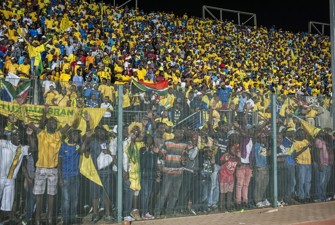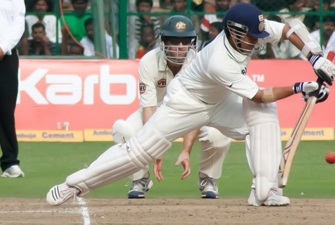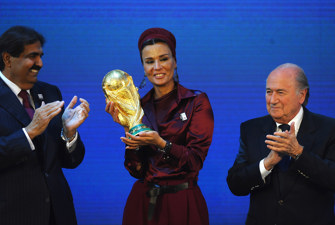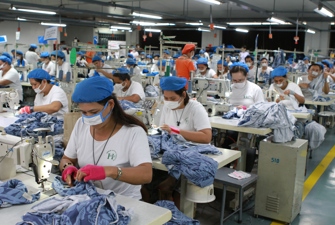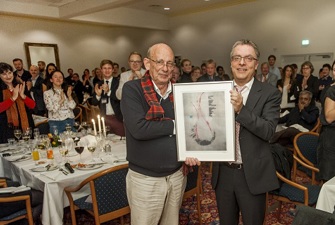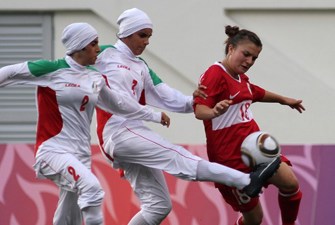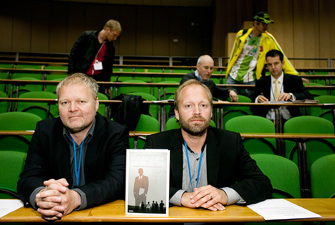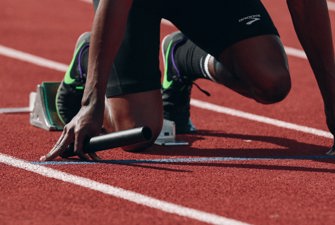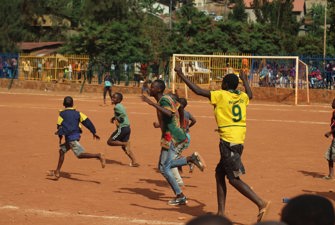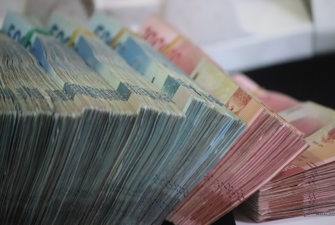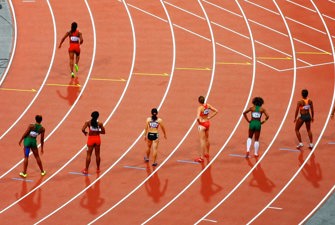Teaching sportsmanship can improve citizenship
Using values of sport in education makes better citizens, says new UNESCO campaign.
Sportsmanship, fairness, respect and equality are well known values in sport, but these same values can be used in education and transferred to society at large with great benefits. This is the message in a new campaign from UNESCO named ‘Values Education Through Sports’ (VETS).
On the International Day of Sport for Development and Peace (6 April), UNESCO launches a new photobook with images of situations from around the globe portraying positive values of sport.
“The social and physical roles of sport are especially relevant today, in a global context deeply challenged by discrimination, insecurity and violence. We believe in the unique potential of physical and sports education – in all of their diverse forms – to foster citizenship, nurture solidarity and consolidate peace,” says Nada Al-Nashif, UNESCO’s Assistant Director-General for Social and Human Sciences in the photobook’s foreword.
By taking an outset in sport and sport’s values, teachers can make education more inclusive and engaging while, at the same time, give children many valuable social skills, says UNESCO on its website about the campaign. In cooperation with other organisations such as the IOC, WADA and the International Council for Sports Science and Physical Education (ICSSPE), UNESCO has developed teaching programmes to assist the project.
The VETS teaching programmes are designed to “help students to transfer and put values into action outside the school environment, by getting engaged in their communities, making informed decisions, being sensitive and respecting the others and the environment,” UNESCO says. The development of self-confidence, making healthy lifestyle choices and understanding of rights are other benefits that students are hoped to be able to draw from the values based education.
The teaching programmes can be used on a wide variety of subjects including physical education, nutrition, biology as well as civic and moral education.
The VETS project is closely related to UNESCO’s Sustainable Development Goal 4 that works for lifelong learning opportunities and innovative content delivery.
More information
Read more about the VETS campaign on UNESCO's website
Download the Power of Sport Values Photobook
Watch a video explaining the project
